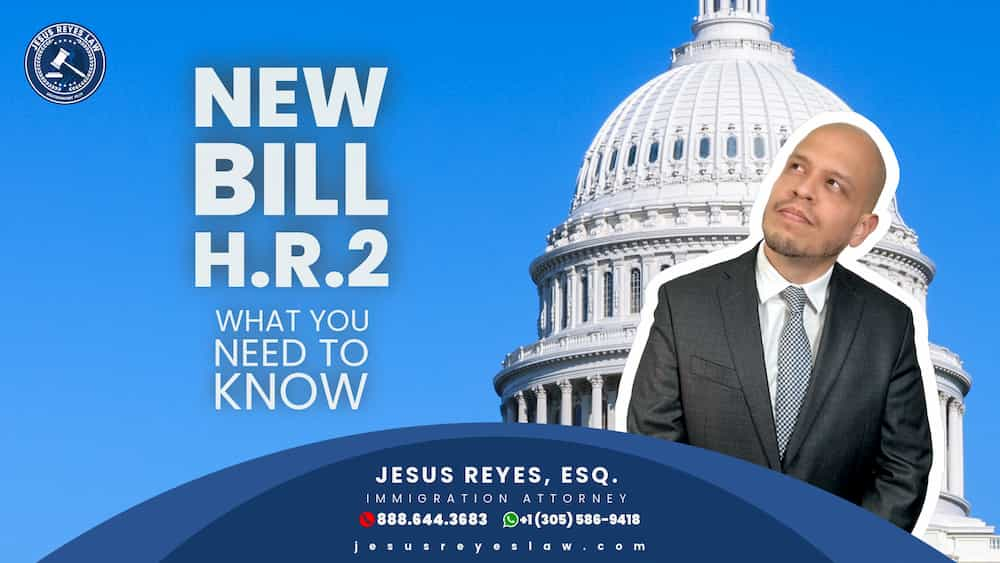The “H.R.2 – Secure the Border Act of 2023” is a comprehensive legislative proposal that aims to profoundly reform immigration policy and border security in the United States. Here are the main provisions and proposed changes in this bill in detail.
- Asylum Restrictions and Changes:
- Raising the Standard of Proof: Asylum seekers must prove that it is “more likely than not” that they qualify for asylum to continue their claim and avoid rapid removal from the country.
- Transit Restrictions: Prohibition for most asylum seekers who traveled through a third country without previously being denied there.
- Restriction of Applications to Official Ports: Limits asylum applications only to those migrants who arrive in the U.S. through an official port of entry.
- Additional Exclusions for Eligibility: Restrictions against those who have unlawfully received federal public benefits or can avoid persecution by relocating within their home country.
- Denial of Employment Authorization: For asylum seekers who enter or attempt to enter at places other than ports of entry.
- Fee for Asylum Application: Imposing a fee of no less than $50, potentially making it more challenging to apply for protection.
- Qualification for Asylum Based on Political Opinion or Membership in a Particular Social Group: Generally excluding cases related to interpersonal violence, gang activities, or crime.
- Indefinite Suspension of Access to the Border: By the DHS secretary under certain circumstances.
- Expansion of MPP-Modeled Programs: For migrants to be returned to Mexico or Canada during their removal proceedings.
- Measures for Migrant Children:
- Ending the Presumption Against Detaining Accompanied Children: Making it easier to indefinitely detain families with minors.
- Reestablishment of Family Detention: For parents and children who enter together without authorization if the parent is charged with improper entry.
- Restrictions on Detention Conditions for Minors: Limiting access to existing legal pathways for migrant children.
- Expedited Removal Process: For unaccompanied migrant children who may qualify for humanitarian relief.
- Border Security and Wall Construction:
- Resumption of Border Wall Construction: As a measure to increase security.
- Increase in the Number of Border Patrol Agents: To strengthen the presence on the border.
- Criminalization of Visa Overstays:
- Penalties for Exceeding Visa Duration: Establishing fines and possible prison sentences.
- Employment Reforms and Eligibility Verification:
- Mandatory Use of the E-Verify System: For employers to verify the employment eligibility of new employees.
- Access to Criminal History Databases:
- CBP Access to Criminal Databases: Of all countries of origin and transit to be aware of the criminal background of illegal migrants at the southern border.
- Restrictions on NGOs:
- Prohibition on the Use of Fiscal Funds: For NGOs that help transport or lodge illegal migrants and provide lawyers to them.
- Restrictions on the Use of the CBP One App:
- Prohibition for DHS to Use Its App: To resettle illegal migrants in the country.
The “H.R.2 – Secure the Border Act of 2023” marks a drastic shift in how the United States handles immigration and border security. The proposed measures could have significant implications for migrants, particularly for those seeking asylum in the U.S. It is essential for migrants and stakeholders to understand these changes and how they might affect their cases and situations.










